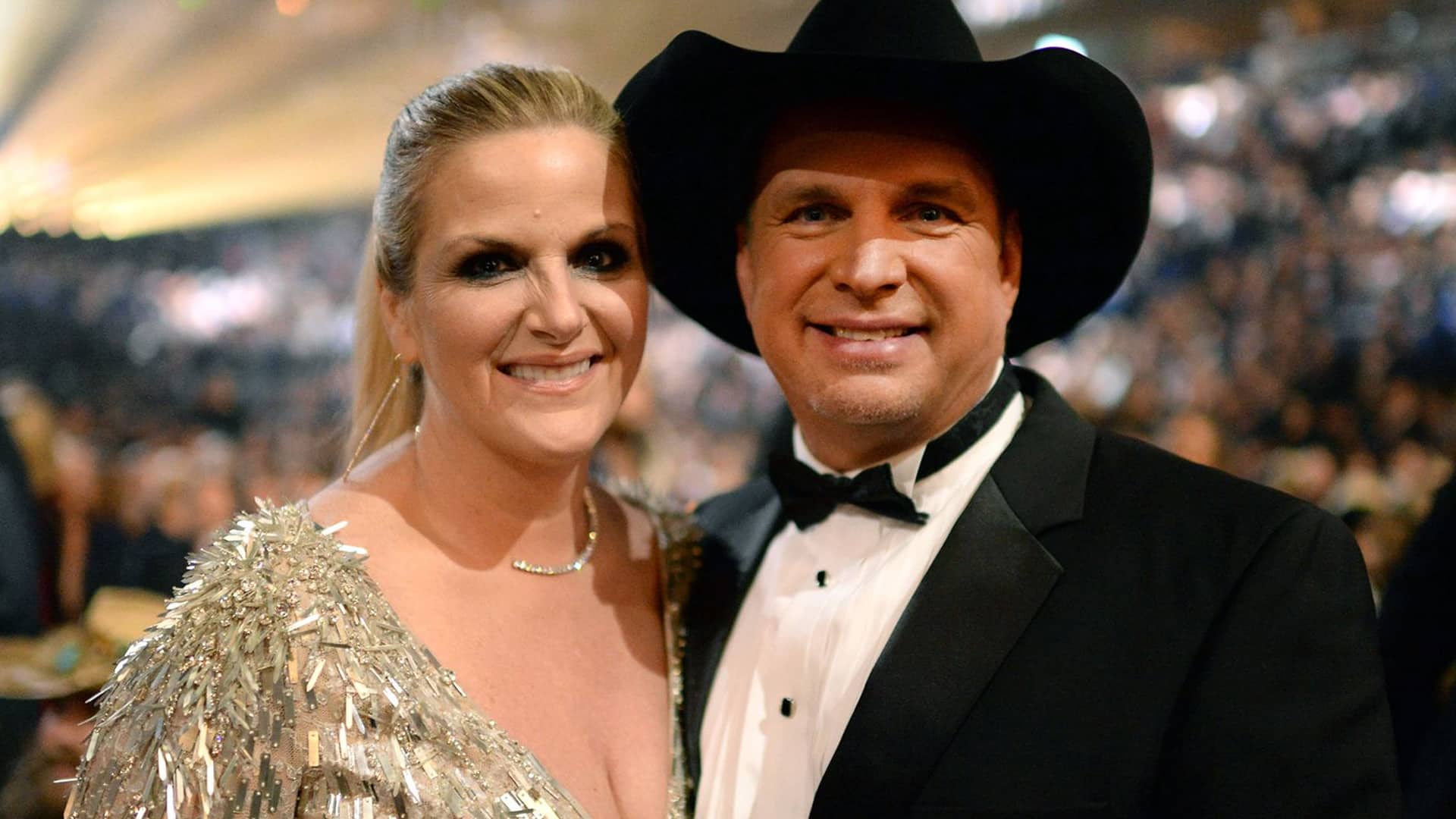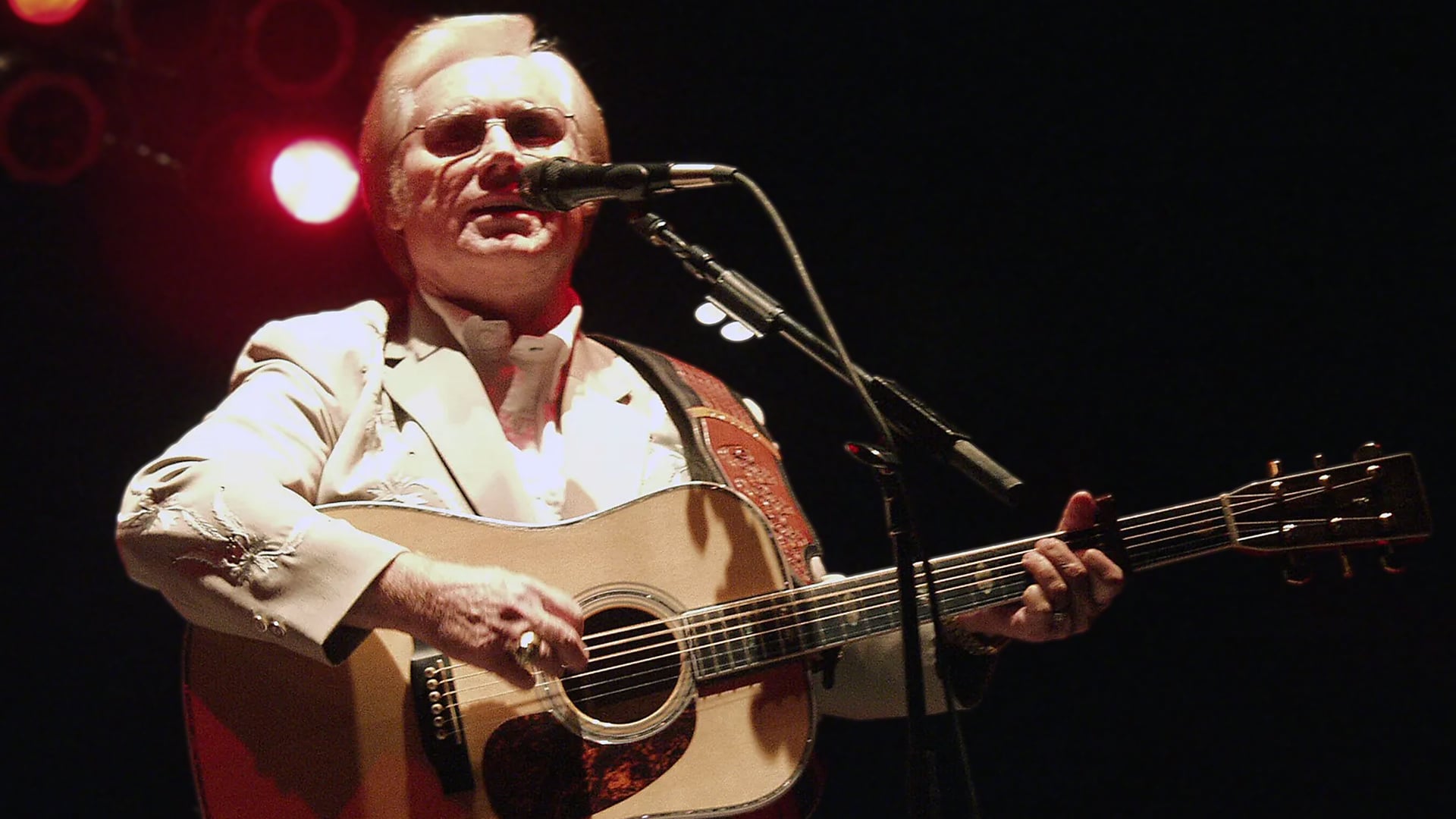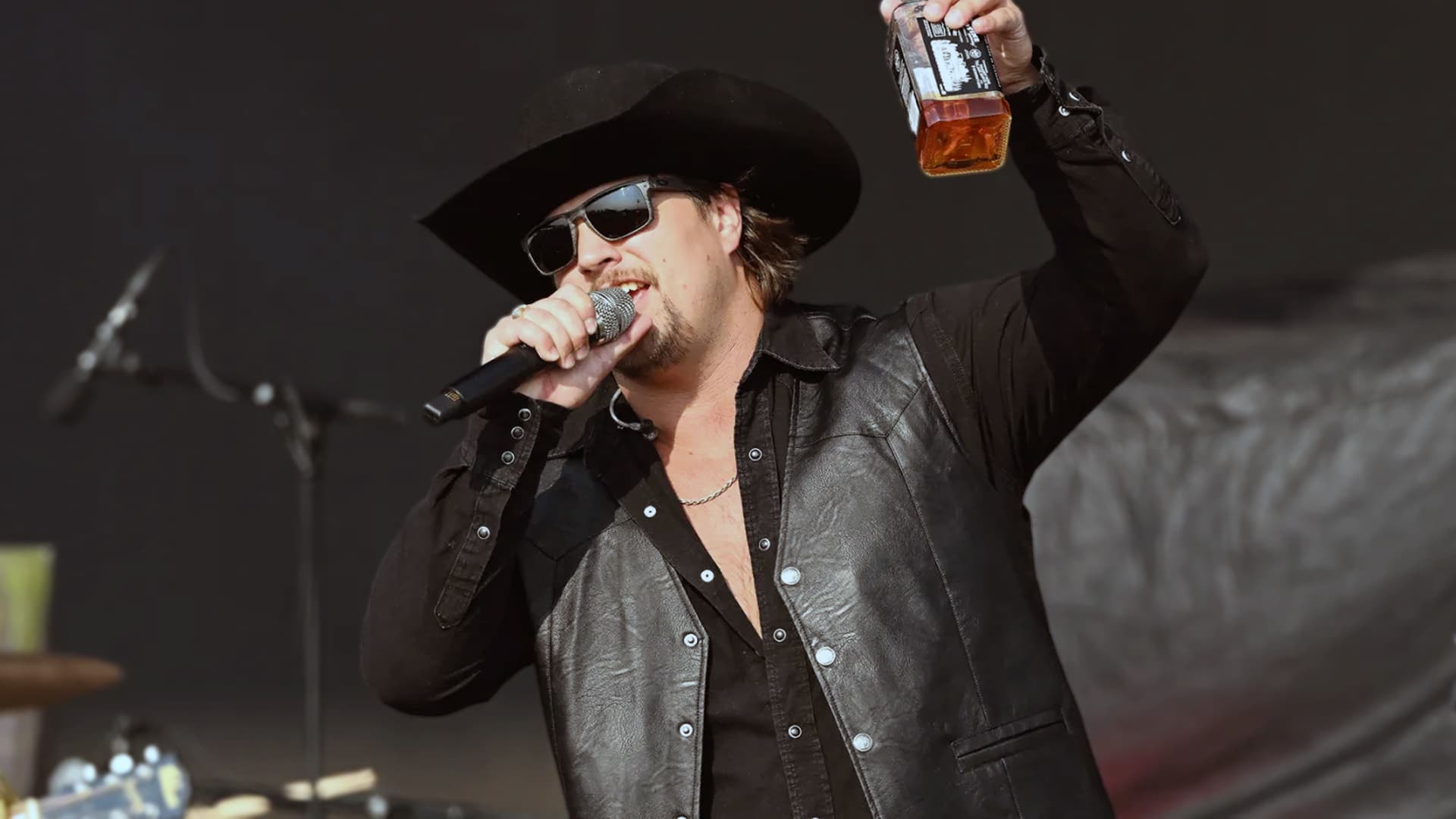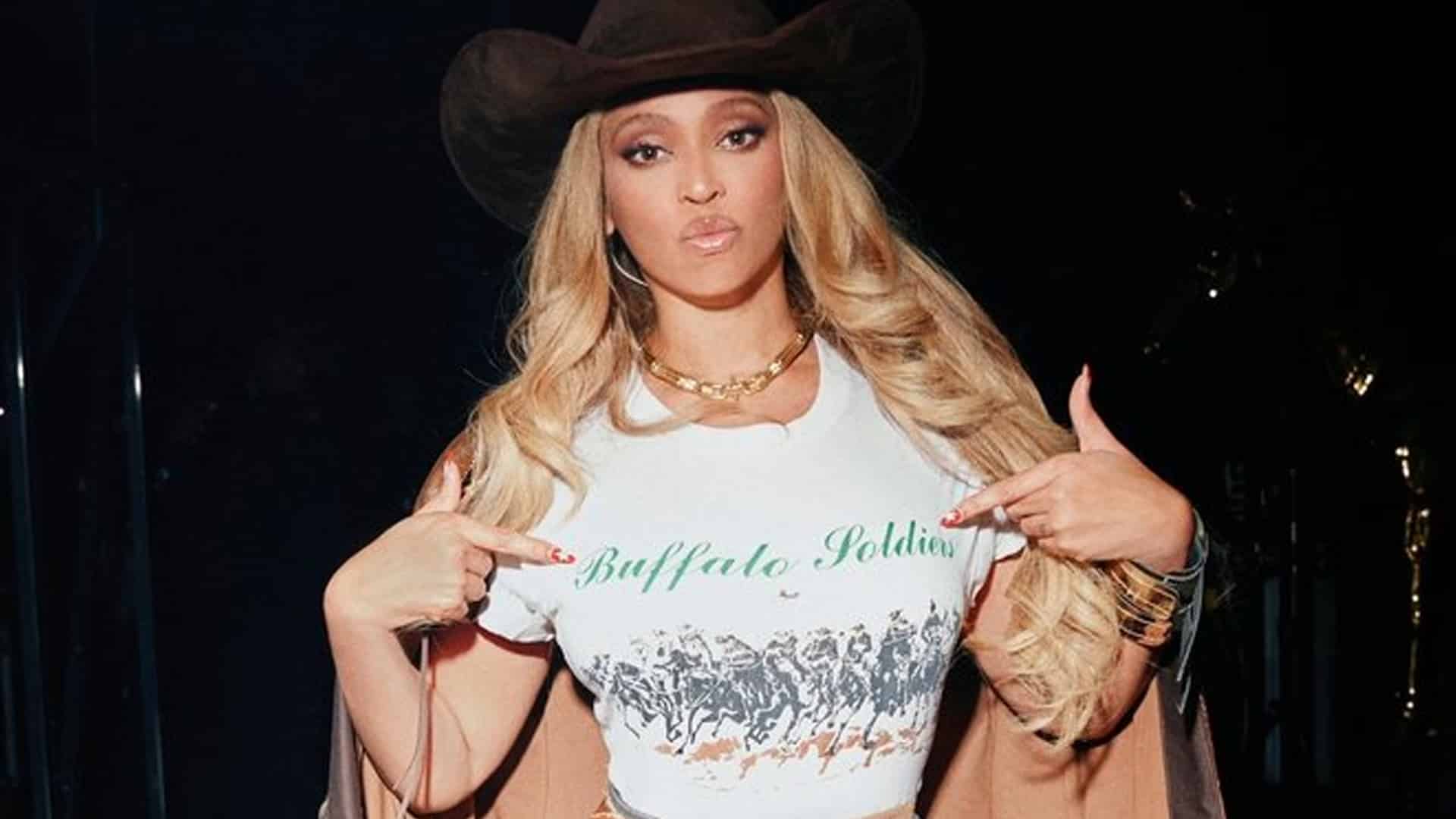In 1959, country singer Conway Twitty rendered his own version of the 1910 Irish song “Danny Boy.” His version notched a Top 10 position on the Billboard Hot 100 and made it to the Top 20 on the R&B chart.
And he wasn’t the first to do a cover of the song. It had been previously recorded more than a few times, including Judy Garland, Bing Crosby, Al Hibbler, and Harry Belafonte. After Twitty, it continued to become a track that artists loved to cover and by big names (no less), just like Jackie Wilson, Ray Price, The Beatles, Elvis Presley, Eric Clapton, Eva Cassidy, and Johnny Cash. Cash even recorded the song twice.
But in the long history of the song, Twitty’s was the only one to be banned by the BBC. There was no official reason, but many knew why. That is, unlike the others who stayed true to the original, he turned the funeral classic into a jubilantly overproduced track. The raucous sound was more fitting at a party, celebrating life.
Meaning Behind the Song
Englishman Frederick Weatherly wrote the lyrics in 1913 to the tune of the track “Londonderry Air.” This somber tune has a lyrical ambiguity, with the more common interpretations including a parent’s song to a son going off to war or a simple goodbye to a friend. Or, as mentioned in the book “In Sunshine and in Shadow” by the lyricist’s great-grandson Anthony Mann, it was asserted that it was about a woman lamenting over her lover who left her.
Let’s take a look at it.
The song opens with the line, “Oh, Danny boy, the pipes, the pipes are calling / From glen to glen, and down the mountainside.” Then, it goes on to describe the change in season, from summer to autumn, which marks the time for Danny Boy to go and leave. On the other hand, the narrator stays and waits for summer to come back again or when winter’s snow fills the valley.
“It’s I’ll be there in sunshine or in shadow / Oh, Danny boy, Oh Danny boy, I love you so!” While there was sadness and uncertainty, there was still a glimmer of hope.
But that turned into a sadder note in the second verse as the narrator sang of death. That is, if Danny Boy came and all the flowers were dying and the narrator was dead, he should come to their grave, kneel, and say an Ave for them. They will wait for him to bend down and tell them he loves them. And until the time he comes to them, they shall sleep in peace.
“Danny Boy” fits almost any situation involving sadness or loss. Conway Twitty’s version is definitely the opposite of that, but then, again, songs can be interpreted differently by different people. Check it out for yourself, and let us know what you think. And listen to other Conway Twitty songs while you’re at it.


















